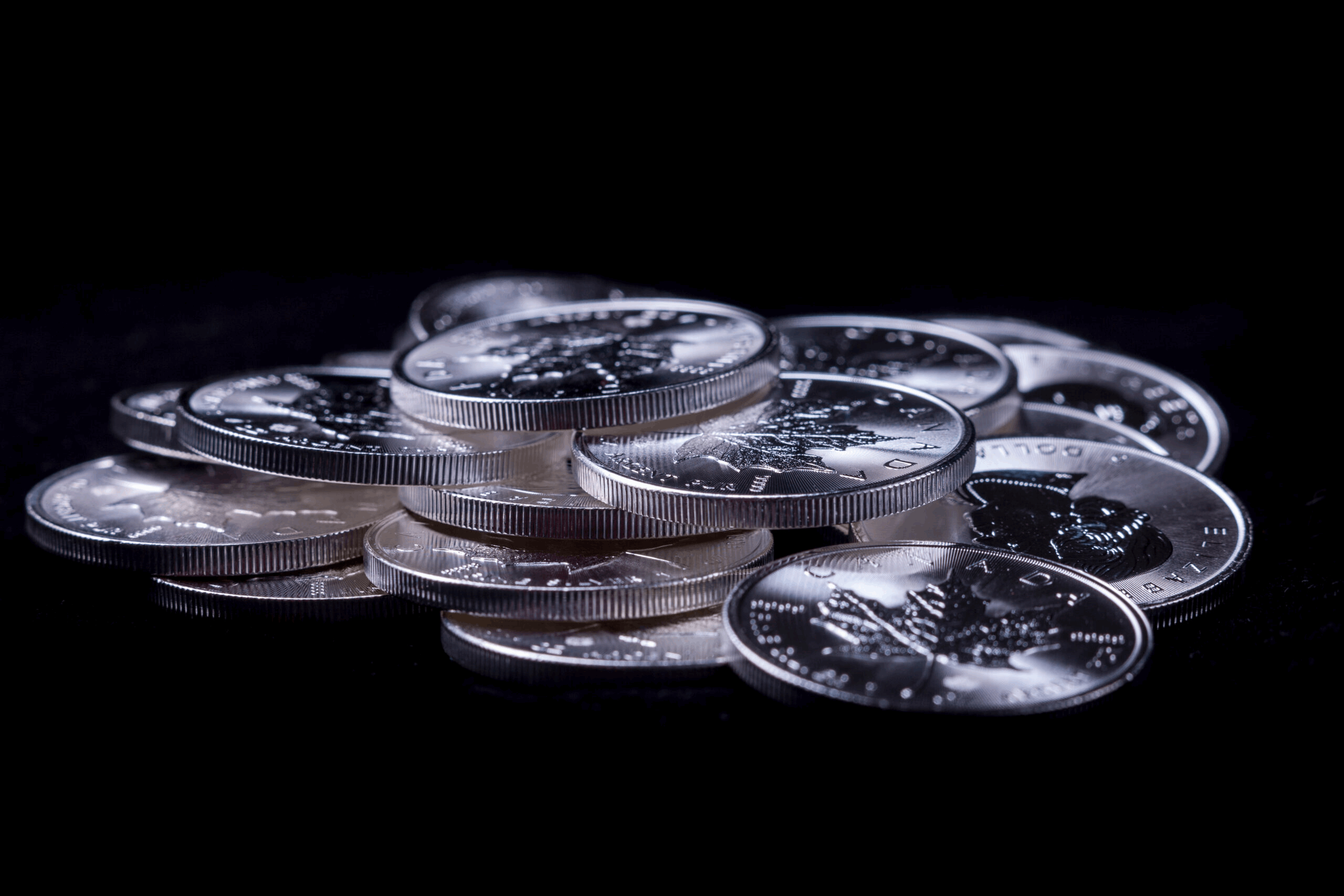Should You Sell Your Silver Coins?
Silver coins have been a popular investment choice for decades. They’re valued for their scarcity, beauty, and, of course, their silver content. The value of silver has risen significantly in recent years, leading many people to wonder if they should cash in their silver coins now. While cashing in your silver coins can provide you with a quick influx of cash, there are several factors to consider before making your decision. The experienced dealers from First National Bullion and Coin take a closer look at the pros and cons of cashing in silver coins to help you determine whether it’s the right decision for you.
Market Conditions
The first and most important factor to consider is the current market conditions for silver. The price of silver is subject to supply and demand, and it can fluctuate significantly. When demand for silver is high and supplies are low, the price tends to rise. On the other hand, when demand is low and supplies are plentiful, the price tends to fall.
It’s important to keep an eye on market conditions and to be aware of any trends or patterns in the price of silver. If the price of silver is rising, you may want to hold on to your coins a bit longer in the hope of making a larger profit in the future.
Financial Objectives
Another factor to consider when deciding whether to cash in your silver coins is your personal financial goals. If you’re looking to build long-term wealth, holding on to your silver coins for a while may be a good option. The value of silver has historically increased over time, so keeping your coins for a longer period may result in a greater return on investment.
On the other hand, if you have a short-term need for cash, cashing in your silver coins may be the best option. Depending on the current market value of silver, you could receive a substantial sum of money in exchange for your coins. This can be especially helpful if you’re in need of cash for an unexpected expense or you’re simply looking for some extra spending money. It’s important to remember the price of silver can be volatile in the short term, and there’s always a risk you may sell your coins at a loss.
Investment Goals
If you’re looking to diversify your investment portfolio, cashing in your silver coins may limit your options. By selling your coins, you’ll have fewer assets available to invest in other areas, which could potentially result in a less diversified portfolio.
On the other hand, if you’re looking for a liquid asset that can be easily converted into cash, cashing in your silver coins may be a good option. This is especially true if you have a large collection of coins you’re able to sell for a considerable amount of money.
Collectible Value
In addition to the value of the silver content, some silver coins may have collectible value. This means the coins are worth more than their silver content due to their rarity, age, or historical significance. Some rare silver coins can be worth substantially more than the value of their silver content, so cashing in these coins could result in a sizable loss. If you have coins with collectible value, it may be worth holding on to them for the long term, as their value is likely to increase over time.
However, it’s important to note that not all silver coins have collectible value, and the value of a collectible coin can be difficult to predict. If you’re uncertain about the value of your coins, it may be a good idea to consult with a professional coin dealer or appraiser.
Tax Considerations
When you sell your silver coins, you may be subject to capital gains taxes. The amount of tax you’ll pay will depend on the price you paid for the coins, the price you receive for the coins, and your personal income tax bracket. Consult with a tax professional or financial advisor to determine the potential tax implications of selling your silver coins.
Risk Management
When investing in silver coins, consider your risk tolerance. Silver coins are a tangible asset, and they’re subject to market fluctuations, theft, and damage. To manage these risks, it’s a good idea to store your silver coins in a secure location, such as a safe deposit box.
In addition, it’s important to be aware of the potential for fraud when buying and selling silver coins. There are many counterfeit coins on the market, and it can be difficult to determine the authenticity of a coin without the help of a professional. Only buy silver coins from reputable dealers, and have your coins professionally appraised before selling them.
If you’re looking for the best place to sell your silver coins, call on the professionals at First National Bullion. We buy and sell all kinds of precious metals, including silver, platinum, and gold coins. Scottsdale collectors who are looking for trustworthy dealers and high-quality service should give us a call at (480) 546-5089 to speak with one of our coin experts.
The statements made in this blog are opinions, and past performance is not indicative of future returns. Precious metals, like all investments, carry risk. Precious metals and coins may appreciate, depreciate, or stay the same in cash value depending on a variety of factors. First National Bullion does not guarantee, and its website and employees make no representation, that any metals for sale will appreciate sufficiently to earn the customers a profit. The decision to buy, sell, or borrow precious metals and which precious metals to purchase, borrow, or sell are made at the customer’s sole discretion.


